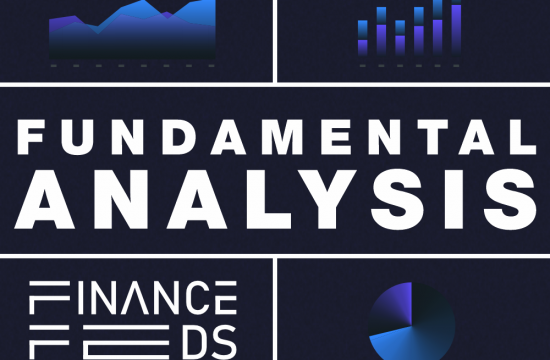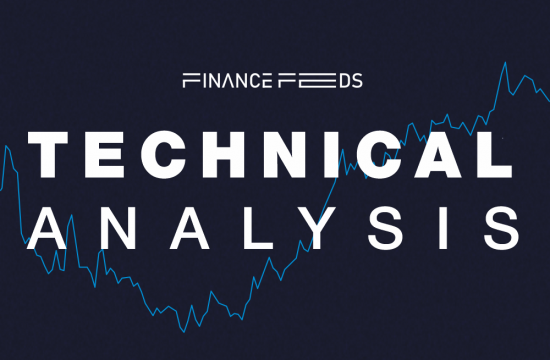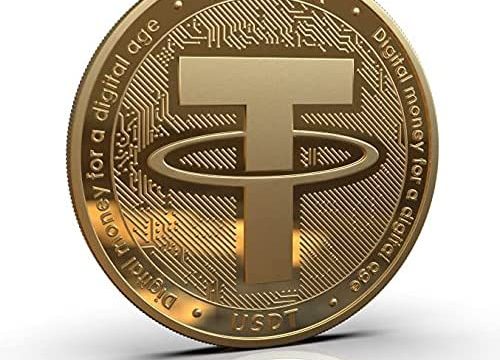The Securities and Exchange Commission (SEC) found a Latvian citizen who allegedly defrauded hundreds of retail investors out of at least $7 million through two separate fraudulent digital asset securities offerings, commonly known as initial coin offerings (ICOs).
Two Crypto Scams Involving ICOs
The SEC’s complaint charges Auzins with violating the antifraud and registration provisions of the federal securities laws, and seeks permanent injunctions, including conduct-based injunctions, disgorgement plus prejudgment interest, civil penalties, and an officer-and-director bar against him.
The complaint claims Ivars Auzins used fake names, fictitious entities, and fraudulent profiles to perpetrate his schemes, and misappropriated nearly all of the investor funds that were raised.
Of the two fraudulent schemes, he was able to raise at least $7 million from investors all over the world, including the United States. The existence of US citizens as victims is the justification for the SEC to take action against Ivars Auzins.
From January 2018 through March 2018, Auzins fraudulently offered and sold unregistered digital tokens as part of an ICO of Denaro, a purported “multi-currency debit card platform.”
According to the government agency, the Latvian falsely claimed Denaro enabled users to store their digital assets in a secure digital wallet and then spend them “like any other debit card” which could be provided by a credit card issuer.
The product and services, however, weren’t real and Ivars Auzins took the ICO’s proceeds for himself and his personal interests, the complaint states.
The second scam, took place from April 2019 to July 2019, where he raised funds through a different initial coin offering with the goal to fund a fictitious cloud mining program so that investors could receive a daily “automatic payout . . . in whichever coin they mine.” He misappropriated nearly all of the funds raised in the offering.
“As we allege, Auzins was engaged in a brazen scheme to defraud retail investors under the guise of profitable digital asset opportunities. We will continue to detect and pursue those that seek to victimize investors in the digital asset space”, said Kristina Littman, Chief of the SEC Enforcement Division’s Cyber Unit.
Crypto Scams on the Rise
ASIC, Australia’s financial watchdog, has recently warned against advertisements disguised as fake news articles after receiving an increased number of complaints from consumers who have lost money by trusting them.
According to the reports, most ads promote crypto and contracts for difference (CFD) trading. “ASIC has also seen advertisements and websites falsely using ASIC logos or misleadingly saying the investment is ‘approved’ by ASIC”, the regulator stated.
“A common tactic used by scammers is to promote fake articles via social media. They look realistic and impersonate real news outlets. Some examples include Forbes Business Magazine, ABC News, Sunrise and The Project”, ASIC said, explaining that once consumers click on these advertisements, they are directed to a site that is not linked with the impersonated publication, and then they are asked for their name and contact details. Scammers then follow up by contacting the person making the inquiry, promising investment with unrealistically high returns.
ASIC has recently reported that financial scams have exploded by 200% since the pandemic, with scammers getting more and more sophisticated at creating fake platforms.
The regulator advised investors to be vigilant to imposter social media pages, websites, phone lines, fake regulators, and stock exchanges, although it’s increasingly difficult to differentiate between legitimate companies and scammers.
Financial scammers usually offer a range of investments with modest to high returns, advertised as having little, or no risk at all. Scammers can create emails with logos, text, and phone numbers that look almost identical to those from legitimate organizations.
In 2020, ASIC announced cryptocurrency scams were on the rise. Reports of misconduct received by the regulator from March to May 2020 were up 20% compared to the same period last year.
Investors who have been scammed are typically called or emailed by scammers with an investment opportunity, or approached by their friend, family member, or online romantic partner who tell them how they have made money online and suggests that they try it too. Then investors typically sign up to ‘crypto-asset trading’ online and deposit funds into a trading account, either via a crypto wallet or bank account.
According to data provided by Scamwatch, Australians reported losses of $3.98 million due to investment scams in May 2020. Those over 65 years of age reported the biggest losses, whereas the highest number of reports was submitted by those from 35 to 44 years of age.











